[ad_1]
Face scrubs. Wash. Mirror. Mask. Wash. Mirror. Herbal Ointments, Pinterest Potions, Random Remedies, Wash, Wash, Wash, Mirror.
Mirror, mirror on the wall, whose skin is the clearest of all? Not me.
But how deep of an impact does fair skin really have? Well, it’s not much actually.
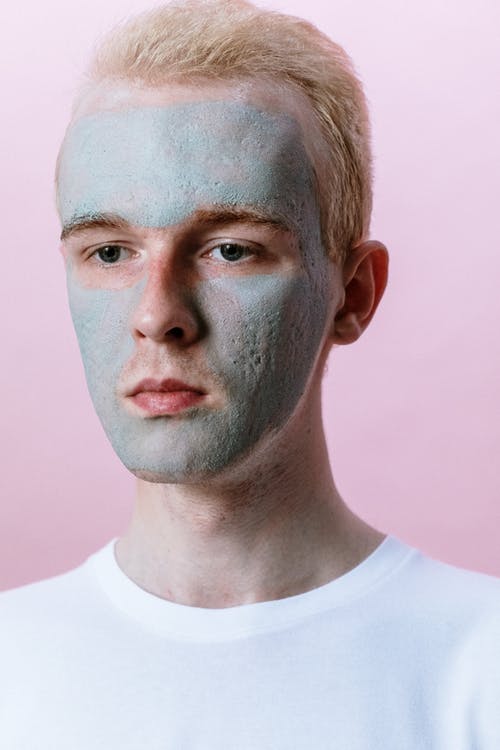
What is acne about
Acne is widespread and around 95% of people between the ages of 11 and 30 have experienced it at some point in their lives. But when nasty pimples appear on our skin, it seems like we face these beasts alone. As the pimple grows exponentially, everyone’s skin somehow glows flawlessly.
Acne occurs when skin pores become clogged with sebum (an oily substance that lubricates hair and skin). Bacteria trigger inflammation. While clearing your skin of acne sounds like a great idea, “just washing your face” isn’t enough. In fact, it could actually lead to skin irritation and skin flaking.
Home remedies, ranging from charcoal to marshmallow, can be found in abundance on the internet. Almost everything you find at the grocery store comes with an article on the Internet that describes these ingredients as a miracle cure for acne. What works for one, does not work for all. Your skin is unique, just like you.
We are selectively looking for people who don’t have acne and feel bad about themselves. But here’s the thing, acne is ridiculously common.
That’s totally fine, and you don’t have to feel ashamed, humiliated, or embarrassed about it.
Acne in the media
Because the high school characters on Netflix are played by actors who aren’t in their teens, viewers barely get to see the real, everyday spotty reality of what teenage skin looks like. Well, surprise, it’s not clear and shiny.
Riverdale, with an average viewership of 1.05 million viewers, follows Archie and his friends through their senior year of high school. The 16-year-olds have ceramic skin, absolutely flawless, with no blemishes in sight. It’s probably because the actors who play these high school kids are around 25 years old.
The teens of Riverdale are all in their twenties as they prepare for high school. No one ever says you’re expected to look like Veronica Lodge when you’re in high school, but the stereotypes these shows impose are huge. There are hardly any characters in the entertainment industry sporting the necessary authenticity.
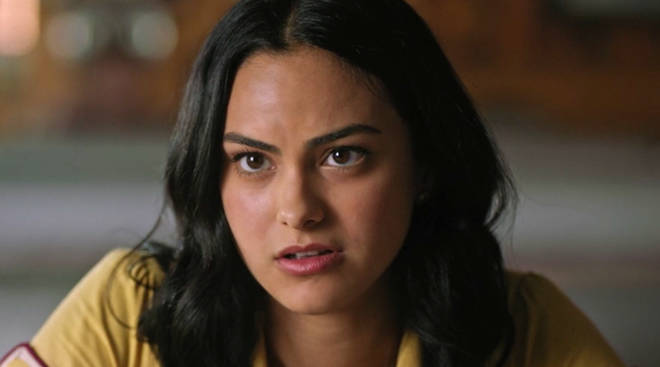
Veronica Lodge, Riverdale Photo: The CW
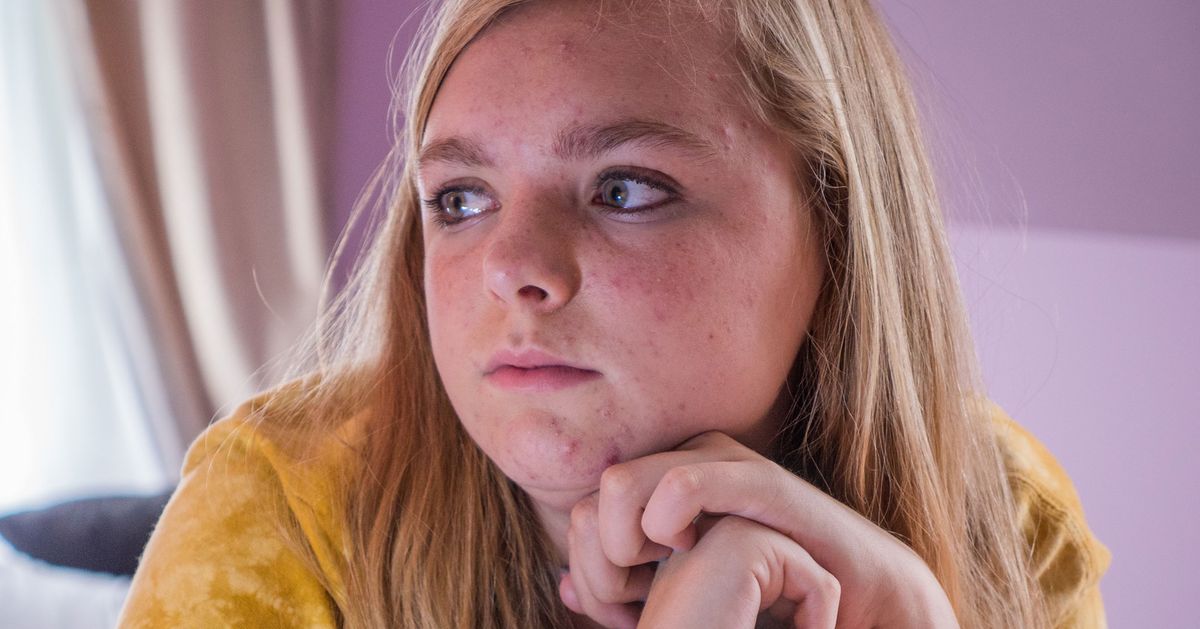 Kayla Day, eighth grade
Kayla Day, eighth grade
Authenticity. Showing skin texture, freckles, bumps, discoloration, pigmentation and acne is less about the skin itself and more about authenticity. Films such as Lady Bird and Eighth Grade are revolutionary for reasons as small as skin spots. We’re so hungry for representation that something as simple as choosing not to cover scars makes a huge difference. Skin without makeup makes the whole movie itself more real, more believable, more authentic.
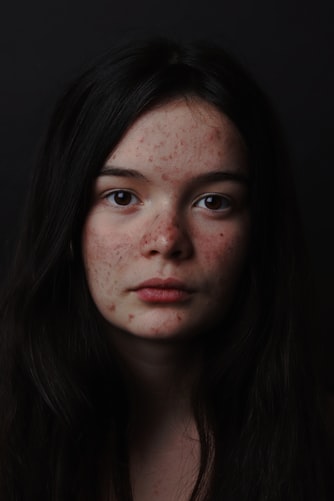
Acne Positivity Movements – The Representation Required
Acne positivity is getting attention, and we’re finally talking about it. We should have adopted it years ago, but it’s never too late for society to change for the better. Social media tricks our minds into being acne-shamed.
It makes us want to hide our faces, find creams, lather up lotions, and even consider sacrifices to the gods, all of which stem from our sheer desperation. It seems almost natural to hide acne, proving our society’s intolerance of imperfection. Taking a picture of yourself without a face, filters, good lighting, and concealer should be okay, not brave.
Nothing sums it up better than the short “You Look Disgusting” YouTube video created by Em Ford with over 30 million views. This video is often credited with starting the acne positivity movement.
The acne positivity movement is revolutionary; it tells you that pimples are okay, that you’re beautiful, and that you’re not defined by your facial imperfections, but rather by your reaction to adversity.
He tells you that you can be barefaced or wear makeup to look beautiful.
Hailey Wait is a 17-year-old (her Instagram handle is @pigss) who posts selfies with inflamed skin, acne and all. It may sound trite, but it inspired thousands of teenagers with courage.
There are so many amazing acne activists doing amazing things on social media, and you can start by checking out Teen Vogues acne awards. Follow acne positivity pages like my face story, sofia grahn, brian turner and mynameisjustP.
See this post on Instagram
Acne in 60 Seconds, a short video by YouTuber Alivia D’Andrea has a comments section filled with young girls kissing their skin. If you thought the video wasn’t strong enough, here are a few thousand comments, all filled with rage, epiphanies and acceptance:
“I wish no one had acne. It makes people feel uncomfortable and less valuable. I wish people could empathize with those who suffer from it.” [luis E.]
“As someone who has struggled with acne since 4th grade (I’m almost in 9th grade now), I felt that. I tried not to attack the face too much, I picked up my hair more often and I’ve tried not to dwell on what other people think of me now.I’ve definitely grown, but the acne scars are still there, and I’m still struggling with that. [earlgraymilktae]
“I have acne and I hate it when people tell me ‘you have so many pimples’ it makes me feel embarrassed and ugly” [sic] [sun shine]
It changes everything
The acne positivity movement has done something I’ve never seen before: it’s embraced acne. Rather than making it something to hide, he talked about it. He was talking about not using makeup to hide pimples, but rather using makeup to beautify them.
People started enjoying their acne. They felt happy with their skin.
And it changed my whole perception of beauty.
That pimple on your face will be gone in a few years, but the impact it has on your self-esteem isn’t profound.
Acne shouldn’t make such a big difference; this shouldn’t make you want to hide your face in a paper bag. Because, acne or no acne, you really are beautiful. Any form of facial blemishes shouldn’t convince you otherwise.
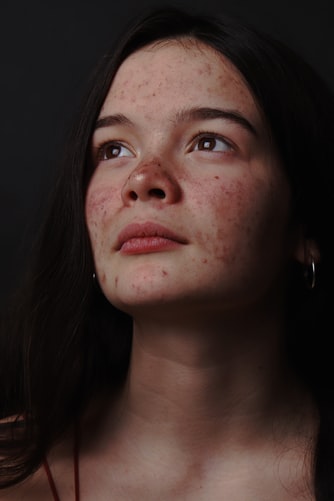
I learned that beauty, as cliché as it sounds, comes from within. The secret to glowing skin isn’t a secret moisturizer, it’s actually just happiness.
When I stopped caring so much about my skin, I found that my skin stopped bothering me. Somehow, when I didn’t care so much about the acne, it just faded away. More likely, the constant attention I gave to my acne made it look huge.
I absolutely despised my skin. I would turn my pimples into volcanoes. My allergies would side with acne and collectively wreak havoc. Suddenly, filters and correctors have become my best friends. Insecurities crept in quietly. The lack of representation and awareness made me think my issues were just being dramatized and overreacting.

I still struggle with the way I see my skin and my body, but I’m grateful for it all. I’m grateful for my skin, for my scars and texture, and for the occasional pimple. When my dermatologist explained acne to me, it seemed so simple. It’s disconcerting how a little sebum can do so much for your self-image.
It took me a long time to go from where I was before – hiding my face under layers of concealer or Instagram filters – to where I am now – embracing my skin for its beauty. I owe a lot to my friends who I could always call and rely on, my family who forbade me from rummaging through the fridge for home remedies, and my dermatologist who brought a dose of reality into the mix.
It was not a smooth trip (pun intended), but it taught me more than I can ever explain in words.
So trust me when I ask you to lay down that concealer for today. Leave your skin free and not flaky and powdery. Your skin is beautiful just the way it is.
See this post on Instagram
And when you look in the mirror, say to yourself:
I am beautiful.
It’s my face and I’m beautiful.
Acne is not permanent and you are more than your appearance.
Mirror, mirror on the wall, who is the most beautiful of all? In all countries, near and far, you are the most beautiful, you are.
